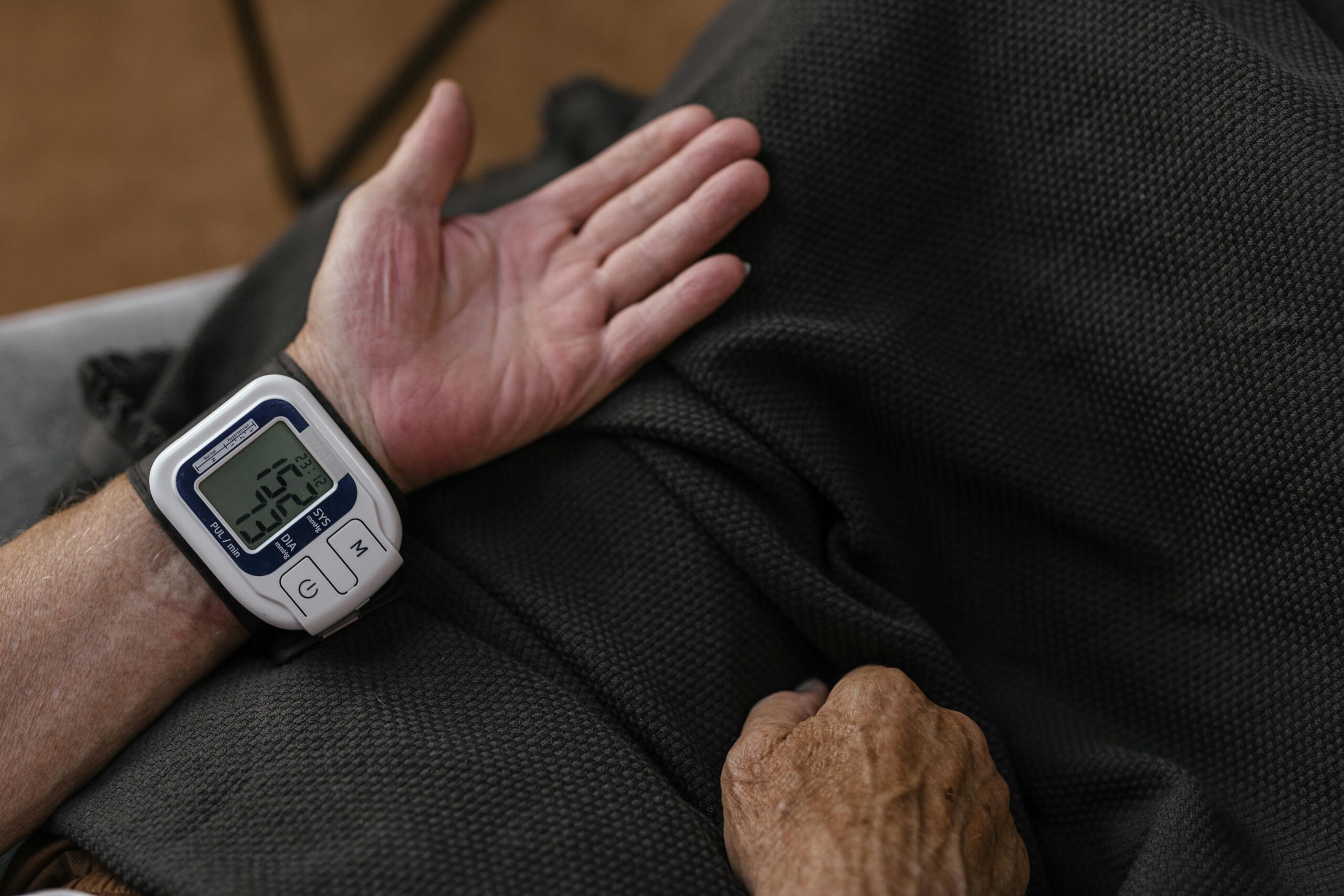
Does Cannabis Lower Blood Pressure?
Does Cannabis Lower Blood Pressure?
At CB1 Medical, we are often asked whether medical cannabis can lower blood pressure. The simple answer is that cannabis may affect blood pressure—but the effect depends on several factors, including the type of cannabis used, the dosage, and individual patient response.
In this guide, we’ll explore the current evidence on how cannabis interacts with blood pressure and what patients need to know when considering treatment.
Contents
How does cannabis affect blood pressure?
Cannabis contains active compounds called cannabinoids that interact with the body’s systems, including the cardiovascular system.
These interactions can cause changes in blood pressure, which vary between individuals. Some people may experience a temporary rise in blood pressure and heart rate shortly after using cannabis, while others might notice a relaxing effect that helps lower blood pressure.
Factors such as the amount used, the way it is consumed, and individual sensitivity all influence these effects. Because responses can differ, it’s important to monitor how cannabis affects you personally, especially if you have existing blood pressure concerns.
THC and blood pressure
THC, the psychoactive compound in cannabis, can cause short-term increases in blood pressure and heart rate, particularly after inhalation or at higher doses. However, some studies in longer-term medical cannabis users, particularly older adults, have shown that ongoing THC use may reduce blood pressure over time.
For example, a 2021 clinical study in the European Journal of Internal Medicine found that elderly patients using medical cannabis saw significant drops in blood pressure after three months of treatment.
CBD and blood pressure
In contrast, CBD appears to lower blood pressure, even after short-term use. Clinical studies have shown that CBD may cause relaxation of blood vessel walls and help reduce both systolic and diastolic blood pressure. This makes CBD an area of growing interest for its potential cardiovascular benefits.

What else affects how cannabis changes blood pressure?
Several other factors influence how cannabis affects blood pressure:
- Dosage: Higher doses of THC are more likely to cause blood pressure to rise temporarily.
- Tolerance: Regular users may have less pronounced effects than those new to cannabis.
- Consumption method: Vaping may cause different effects compared to oils or capsules.
- Environment and stress: Cold environments or stressful situations may amplify cardiovascular responses.
- Other medications: Combining cannabis with stimulants, or certain prescription medications, may increase cardiovascular strain.
Can medical cannabis help manage high blood pressure?
While research is still ongoing, some patients report that medical cannabis helps them relax, sleep better, and manage stress—all of which may indirectly support healthier blood pressure levels.
CBD, in particular, has shown potential in preclinical and small human studies to reduce blood pressure at rest and after stress. However, these effects appear modest and short-term, and we still need more large-scale studies to fully understand long-term impacts.

Is medical cannabis safe for people with hypertension?
For patients with well-managed high blood pressure, medical cannabis can often be prescribed safely, especially at low starting doses and with careful monitoring. However:
- Those taking blood pressure medication should be aware of potential interactions.
- People with uncontrolled hypertension or recent heart problems should approach cannabis treatment cautiously and only under specialist supervision.
At CB1 Medical, our doctors will work with you to find the safest and most appropriate treatment plan. We also encourage patients to monitor their blood pressure regularly, especially when starting a new medication.
Final thoughts: Does cannabis lower blood pressure?
Medical cannabis may affect blood pressure in different ways depending on the individual. While CBD may lower blood pressure, THC can cause short-term increases, especially when inhaled. Over time, some patients experience a normalisation or slight reduction in their blood pressure with carefully managed treatment.
As with any medication, cannabis should be prescribed responsibly and monitored closely. If you have high blood pressure and are considering medical cannabis, we recommend discussing this with one of our clinicians to find the safest and most effective approach.
Curious if you’re eligible?
Try our free eligibility checker today to see if medical cannabis could help you.